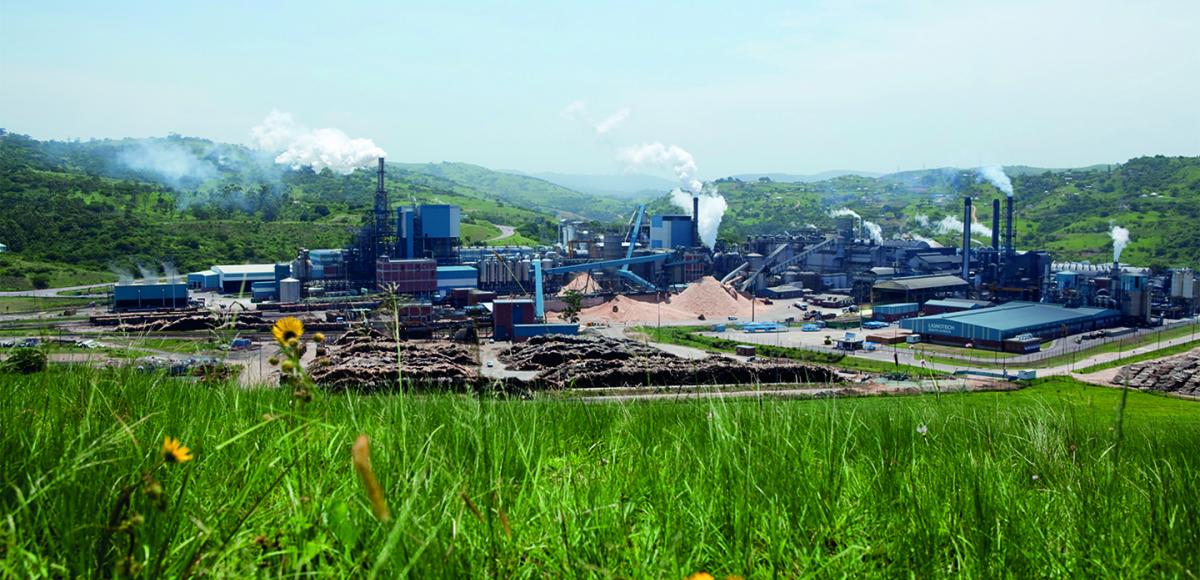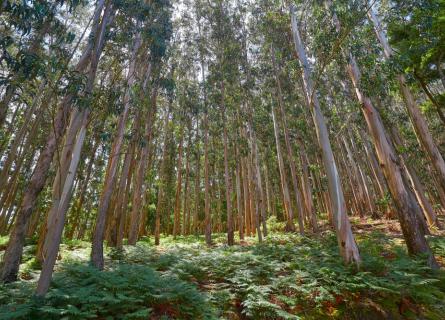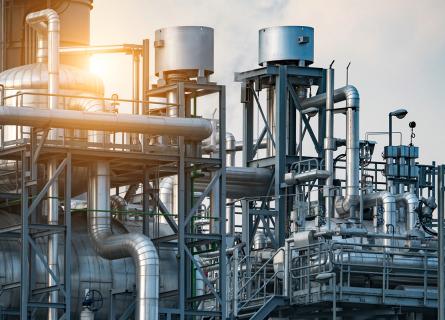
Sustainability boost for world’s largest dissolving pulp mill, Sappi South Africa
When the world takes decisive action to achieve the Sustainable Development Goals, the focus is often on building new, clean industries. But it is at least equally important for existing industries to replace old processes with alternatives that are more sustainable in the long term. AFRY collaborates with pulp and paper company Sappi in their efforts to propel the transition to more sustainable textile production.
In tandem with growing global demand for clothes and textiles, there is an urgent need to transform textile production and consumption to make them more sustainable. The clothing industry has a massive impact on the environment: 20 percent of global water pollution is caused by the textile industry, and textiles made from fossil raw materials like oil pollute both air and water throughout their lifecycles.
Saiccor Mill, located south of Durban in South Africa, belongs to pulp and paper company Sappi and is the largest pulp mill in the world for producing dissolving pulp. These wood-based fibres constitute the raw material for viscose fibres – an alternative to, for example, cotton-based textile fibres whose manufacture requires large volumes of water and environmentally hazardous chemicals. Although viscose fibres have several environmental advantages over cotton-based textile fibres, viscose production is not without problems. Historically, the pulp industry that makes viscose fibres has been based on production processes that are both inefficient and a sizeable source of chemical emissions into watercourses.
In 2016 and 2017 AFRY had the task of studying various solutions for the production process at Saiccor Mill that would be able to meet new demands for sustainability and contribute to a more sustainable textile industry. In early 2018 Sappi commissioned AFRY, together with engineering and technical services company Wood, to implement the improvement measures.
In addition to the technical work, AFRY was also involved in planning and running a training centre that offers practical and theoretical training to local job seekers for various professions required in the construction work: welders, scaffolders, concrete workers, and many more. The training centre became so popular that Sappi decided to keep it going after construction was completed. It will focus on offering skills development, especially to young people not currently in the labour market.
New process design reduces environmental impact
“Saiccor Mill has three production lines, two of which are modern with a high degree of recovery, while the third uses an older process where only 50 percent of chemicals and residues are recycled. This means that organic substances from the wood currently end up in the Indian Ocean. We want to change that,” says Jan-Erik Eriksson, Project Manager at AFRY.
The project involves transitioning to a new production process that reduces the amount of residue and heightens the efficiency of resource and energy use in fibre manfacturing.
In the older production line at Saiccor Mill calcium and sulphur are currently added to the wood chips to break down the wood and extract the fibres. The problem is that the chemicals or residues created in this process cannot be recovered in a recovery circuit.
The new process will instead be based on magnesium, which will enable the chemicals to be recovered and the organic substances to be concentrated and incinerated in a recovery boiler. The energy created during incineration can in turn be used as heat and electricity for the mill, thereby largely replacing the old coal-fired boilers that the mill currently operates. The result is a circular system in which the mill’s residues are transformed into assets.

When the new production line is ready in 2020 Saiccor Mill should account for 10 percent of global dissolving pulp production, but with a 55 percent reduction in CO2 emissions from fossil fuels and 50 percent less waste to landfill than before.
“The technology itself is not new, but the notable aspect of this project is that 80 percent of the investment is directly designated for initiatives to improve the mill’s environmental performance. Production capacity is also being increased, but that is actually secondary,” says Eriksson.




